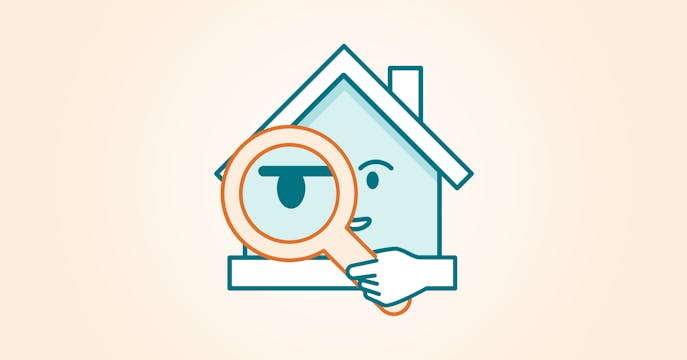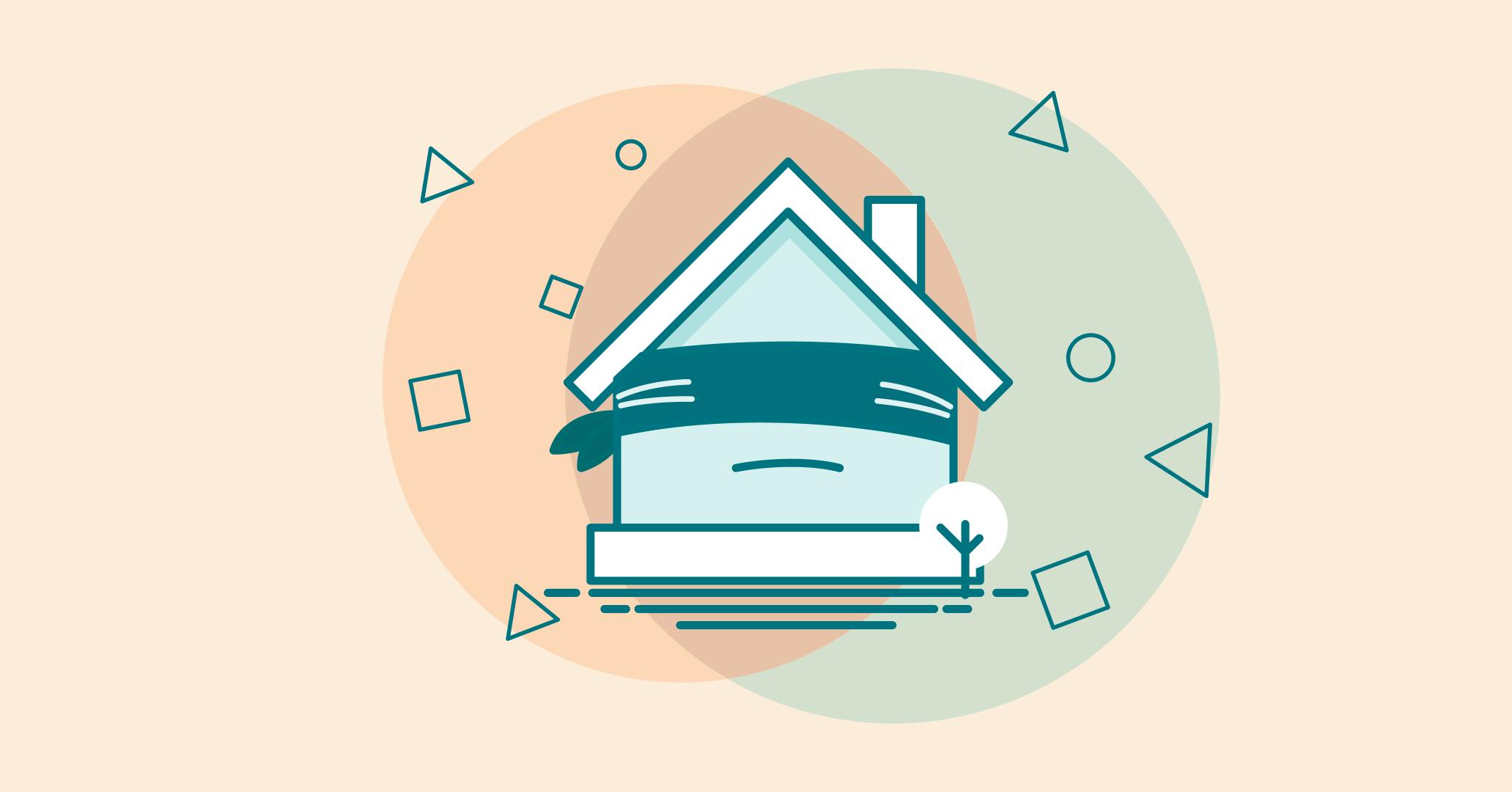Blind vs Open Bidding
What are these two home-buying tactics, and how do they affect Canadian home buyers?
Soaring prices and hot markets have brought blind bidding into the 2021 Election spotlight, with some suggesting that auction-style open bids should take its place. Is one system better than the other?
Open bidding sounds better than blind bidding, but is it really?
The housing-sales tales are legendary from this past spring. Realtors, home buyers and sellers alike, all expressed surprise and often complete frustration with the pandemic-driven frenzy seen across the country. Big and small centres, and even rural areas, saw a rush on housing inventories that were already tight, which drove home prices in Canada to an all-time high in March of 2021.
Multiple offers and a surge of blind bidding wars squeezed many home buyers out to try again. And again. Some succeeded to break through and secure an offer, while other home buyers, especially first-time ones, sometimes gave up, opting to wait until things calmed down a little.
The frustration boiled over, with some calling for an end to the practice of blind bidding, with the issue even being addressed in 2021 Election housing platforms. Experts and buyers worried that it was leading to artificially-inflated home prices, producing knock-on effects throughout the industry.
Related: Are home prices coming down from the peak?
What's the deal with blind bidding?
In blind bidding, competing offers for a home or property are placed without knowing who is placing them or what the other offers contain — meaning the successful bidder could wind up paying significantly more than the original asking price of the property in order to secure the bid (which many did this past spring).
This type of 'non-transparent' bidding is said to further drive up house prices, snap up inventory intended for lower-price access, and favour wealthier buyers and sellers — especially in over-heated, large-centre Canadian markets, such as Vancouver, Victoria and Toronto.
What is open bidding?
In comparison, open bidding means competing offers are placed auction-style, with all interested buyers present and aware of the other offers and their values. Like an auction, bidders can increase their offers there and then, within a set time-frame. Picture everyone gathered on a front lawn, drawn into the adrenalin of throwing up a hand to top the offer, until the auctioneer says "SOLD to the woman in the blue hat." While this may not always be the actual set up (think cold Canadian winters), you get the idea.
This 'transparent' open bidding system is not common in Canada right now, but is in a few other large world markets, such as Australia. And while transparency is typically considered a positive aspect (by most buyers) in placing real-estate offers, this type of offer system is thought by some to be just as problematic as blind bidding for inflating area house prices.
How can blind bidding raise house prices in Canada?
During the recent flurry, many Canadians looking for a house complained that sellers were posting below-market asking-prices on purpose, to 'encourage' blind bids and a potentially higher payout on the sale.
So, if a house is sold to a blind bid at thousands above asking price, that sale price sets up a new benchmark for the area. The more it happens, the more it can inflate prices beyond what would be supported in a 'normal' market setting. As well, all those other buyers who didn't get their house are sent back into the market to try again (perhaps reassessing their housing budget in order to compete the next time), leading to a higher demand on supply.
Is open bidding better for keeping home prices down?
As some experts point out, open bidding carries the same potential to artificially inflate prices and stoke market flurry. In the heat of the moment, the bidding frenzy may again favour the buyer with deeper pockets, pushing out other bidders who might have been successful in an otherwise 'normal' offer process.
The transparency of this system, however, is favoured by some who feel it can better target other market issues, such as rooting out corrupt players or sales activity, or in identifying corporate and foreign speculative buyers — also deemed responsible in pushing up prices, especially in large city centres.
And what about the happy seller, who may get a great sale price through these bidding practices?
While they may get a sweeter sale price, they're often at the mercy of the same bidding tactics and potentially higher prices when they go to buy again themselves. And so the cycle continues, with controversy and concern all around, especially when it comes to holding interest rates at current levels.
But, there are also proponents of blind bidding, who see the practice as part of a healthy real-estate market system, and sellers are often among them.
Either way, get the best mortgage possible.
If frenzied bidding is pushing up prices, a first-time home buyer trying to get their dream home will need to have all possible supports at their disposal. Read our First Time Home Buyers page for more info on programs, incentives and rebates. Or, contact a True North Mortgage specialist in your area, who will quickly outline your options.
Any level of home buyer will need to carefully assess where they stand in the midst of rising house prices in their area.
Need a fast turn-around on your mortgage pre-approval? At True North Mortgage, we make it super easy to apply and connect with our expert brokers. You'll have a dedicated specialist to quickly finalize your pre-approval, so that when you see a house you love, you're ready to go.
There are ways to save on your mortgage, and we can help. We have your best rates (for which you qualify) through our volume discount and lender relationships. Plus, our in-depth mortgage knowledge and access to thousands of mortgage products mean we can provide targeted advice to save you money, time and stress — on mortgage payment and down payment strategies, fees, and possible pre-payment penalties later on.
We're here to help, and we're obsessed with saving you money and time. Give us a shout, anywhere you are in Canada.
Get expert advice and your best mortgage rate.
More great mortgage info

Know the Risks of a No-Conditions Offer
Be prepared! In a stormy seller's market, your clean offer can leave you unprotected.
Learn More
Should you skip a home inspection?
Here are some options to protect yourself from buying a house-load of repair costs.
Learn More
Can a 'bully offer 'help you buy a home?
A strong-arm tactic that vaults ahead in the offer process. Is it for you?
Learn More
